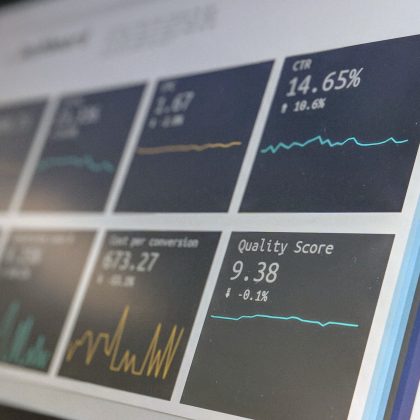The Price of Science
In the last two decades, leading business schools in China have established U.S.-style tenure systems to reward scholars who can publish in respectable international journals according to a journal list. A more “progressive” practice of many business schools is to attach a price tag to journals according to their ranking in the journal list and offer monetary rewards to scholars who publish in these journals. Science, then, has a price. These changes coincide with the growing popularity of workshops about “how to publish in top journals” at various academic events and conferences throughout the country. Engaging in scientific endeavors has become an instrumental path to achieving a “good life” rather than pursuing scientific truth.
In my view, this trend is problematic at best, and detrimental to the integrity of our science at the worst. Although it is important to develop the research skills of junior faculty members and PhD students through various “how to publish in top journals” workshops, we tend to forget that we should place equal emphasis on educating our junior researchers about “how to do good science.” In my view, top-tier journal publications are the natural outcomes of good science. Good science helps us better “understand, explain, and predict the world we live in” through applying rigorous scientific methods (Okasha, 2016). In reality, once our paper is published in a good journal and a new item is added to our CV, the mission is accomplished. How often do we consider whether our research findings can help people better understand, explain, and predict the phenomena we are investigating? How much do we care about the scientific truth of our findings and the reproducibility of our models? Not many researchers care much about it, including myself at the early stage of my career. This is because research programs in most business schools attach more value to the price of science than the virtue of science. Publishing in top-tier journals, rather than finding the truth, becomes the purpose of scientific research. This mentality, at least in part, led to dodgy results sneaking into the literature, causing the reproducibility crisis widely documented in both the academic literature (e.g., Lewin et al., 2016) and popular press (The Economist, 2016).
In recent years, scholars and commentators from popular press have lamented on the reproducibility crisis of science in general, social sciences in particular (The Economist, 2018). The widely accepted view is that the “instrumentality” of doing research is a main source of this crisis. Although the research community can employ more stringent review mechanisms to assess the reproducibility of empirical studies and to safeguard the scientific rigor of studies, more importantly and fundamentally, we should find a way to uphold the virtue of scientific research in our community and promote priceless “good science.”
Read X Huang’s editorial statement ‘The Price of Science: MOR’s Organization Behavior Editorial Area‘ published in Management and Organization Review.
REFERENCES
Okasha, Samir (2002). Philosophy of science: A very short introduction. New York: Oxford University Press.
The Economist. 2016. A far from dismal outcome: Microeconomists’ claims to be doing real science turn out to be true. March 5th-12th: 67-68.
The Economist. 2018. Betting on the result: Experts are good at figuring out which experiments can be replicated. September 1st – 8th: 66.






